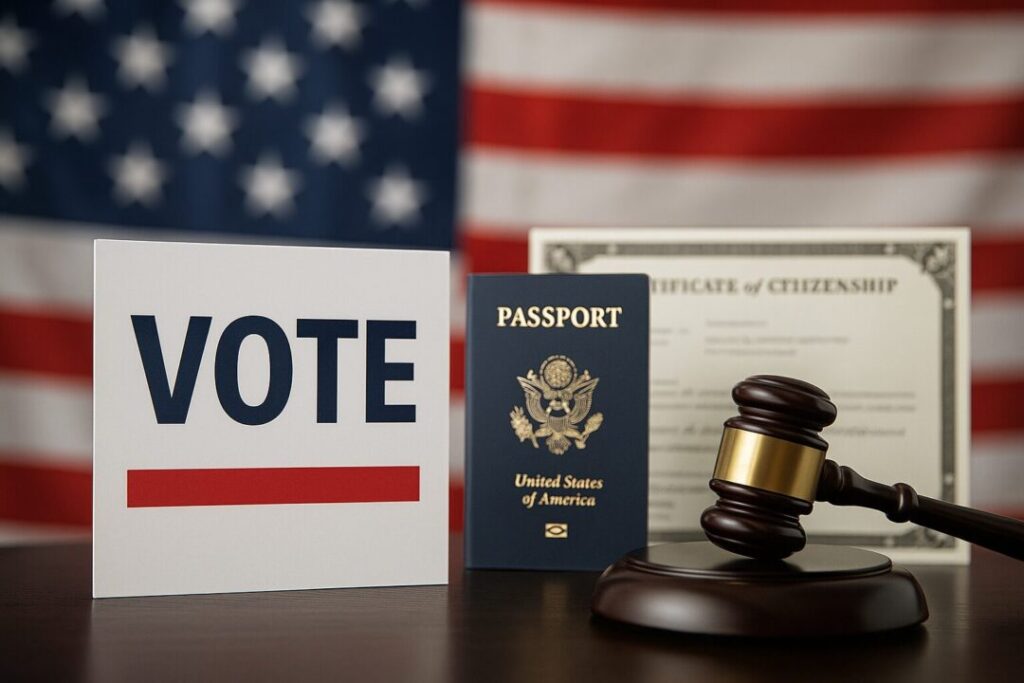A federal judge has tossed out a lawsuit that tried to block Wyoming’s new voter registration law. The law, passed earlier this year, requires people to show proof of U.S. citizenship and Wyoming residency before they can vote. For many, that sounds like plain common sense.
But not everyone agreed.
A group called the Equality State Policy Center (ESPC), made up of several left-leaning nonprofits, sued the state in May. They claimed the new law was vague and placed unfair burdens on voters—especially women, Hispanics, young people, and low-income residents. They said it violated the U.S. Constitution.
U.S. District Judge Scott Skavdahl disagreed. In a 17-page decision released Tuesday, he ruled that ESPC didn’t show that any actual voter was harmed by the law. In short, saying someone might be affected wasn’t enough to bring the case.
He dismissed the lawsuit without prejudice, meaning the group could try again, but only if they can point to real people being harmed, not just hypotheticals.
A Win for Election Integrity
Wyoming Secretary of State Chuck Gray, who was named in the lawsuit along with the state’s 23 county clerks, praised the court’s decision.
He also took aim at liberal election attorney Marc Elias, calling the lawsuit “an attempt by the radical Left to undermine the common-sense election integrity measures Wyomingites want.”
Gray hired outside help from Dhillon Law Group, a conservative law firm that has represented former President Donald Trump in ballot access cases.
Conservatives Support, Liberals Object
House Bill 156, called “Proof of voter residency–registration qualifications,” passed during the 2025 legislative session. It requires voters to show documentation proving both residency in Wyoming and U.S. citizenship when registering to vote. Acceptable documents can include a U.S. birth certificate, passport, or naturalization papers.
Rep. John Bear (R-Gillette), who sponsored the bill, also celebrated the court’s ruling.
The case drew national attention. The Republican National Committee, Justice Department (through past policies), and 25 states plus Guam filed briefs in support of Wyoming. Meanwhile, top Democratic attorneys from the Elias Law Group argued the law would disenfranchise legal voters.
But according to a 2021 Monmouth University poll, nearly 8 in 10 Americans support requiring photo ID to vote. A separate Rasmussen poll found a majority of likely voters believe noncitizens voting is a serious problem. So for many Americans, laws like Wyoming’s just make sense.
What’s Next?
The court didn’t rule on whether the law itself is constitutional or not—only that the lawsuit lacked standing because no actual voter was shown to be harmed. The ESPC can try again if they come back with a stronger complaint.
A spokesperson for the Elias Law Group told WyoFile they are reviewing their legal options and still plan to fight House Bill 156.
For now, though, the law remains in effect. Wyoming joins a growing list of states adding extra checks to keep voter rolls clean and elections secure.
This is a developing story and may be updated as more information becomes available.
This article was written with the assistance of AI. Please verify information and consult additional sources as needed.




